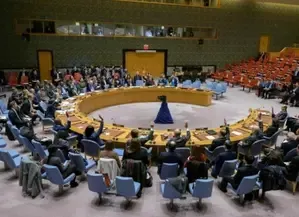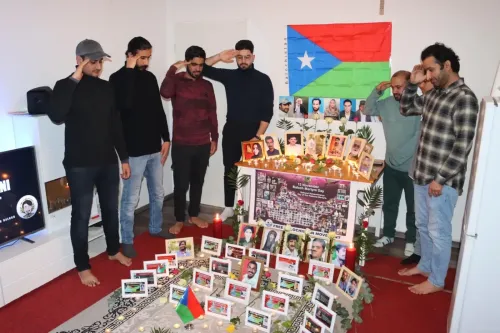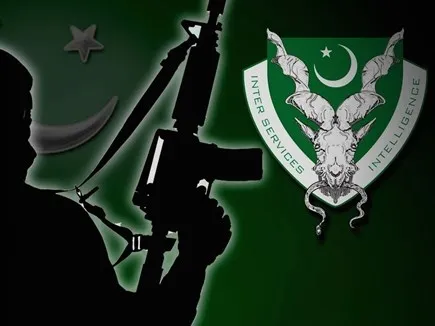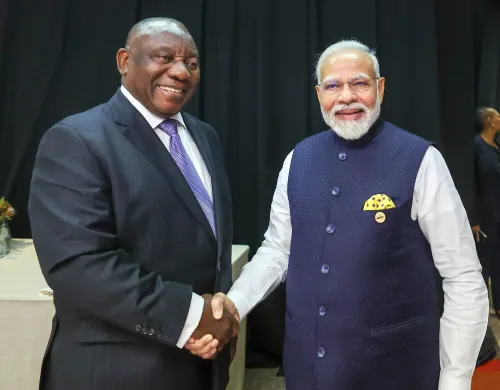Why Did the UN Security Council Not Extend the Iran Nuclear Deal?

Synopsis
Key Takeaways
- UN Security Council failed to adopt a crucial resolution.
- The resolution sought to extend the Iran nuclear deal.
- Voting results mirrored a previous attempt on September 19.
- The legality of actions by certain nations is under scrutiny.
- Resolution 2231 expires in October 2025.
United Nations, September 27 (NationPress) - The UN Security Council did not pass a resolution aimed at extending the 2015 Iran nuclear agreement for an additional six months, which was intended to provide diplomatic space.
The proposed resolution, introduced by China and Russia, garnered four votes in support but was met with nine opposing votes and two abstentions, failing to meet the nine affirmative votes necessary for approval, according to Xinhua news agency.
Had it been approved, the resolution would have prolonged the nuclear agreement involving Iran and the six nations: Britain, China, France, Germany, Russia, and the United States. It would also have extended Security Council Resolution 2231, which endorsed the deal, preventing the immediate reimposition of UN sanctions against Iran.
The outcome of Friday's vote mirrored that of September 19, concerning a draft resolution proposed by the Republic of Korea, which sought to maintain sanctions relief for Iran.
Algeria, China, Pakistan, and Russia supported the resolution, while Guyana and the Republic of Korea abstained. The remaining nine members of the Security Council opposed it.
Britain, France, and Germany—the three European nations part of the Iran nuclear deal, officially known as the Joint Comprehensive Plan of Action (JCPOA)—asserted that they activated the snapback mechanism on August 28 by informing the Security Council of Tehran's alleged 'non-performance.'
According to Resolution 2231, the UN sanctions that were in effect prior to the resolution's adoption would be reinstated 30 days following the notification unless the Security Council passes a resolution to the contrary. The draft resolution presented on September 19 also failed.
However, the legality of the actions taken by the three nations has been called into question since they bypassed the Dispute Resolution Mechanism (DRM) stipulated in the JCPOA and Resolution 2231.
Per the JCPOA and Resolution 2231, the DRM is allotted 35 days to resolve disputes, and a snapback can only occur if the DRM is unsuccessful in addressing the concern.
Resolution 2231 is set to expire on October 18, 2025, at which point the Security Council will cease its deliberations regarding the Iran nuclear deal.









